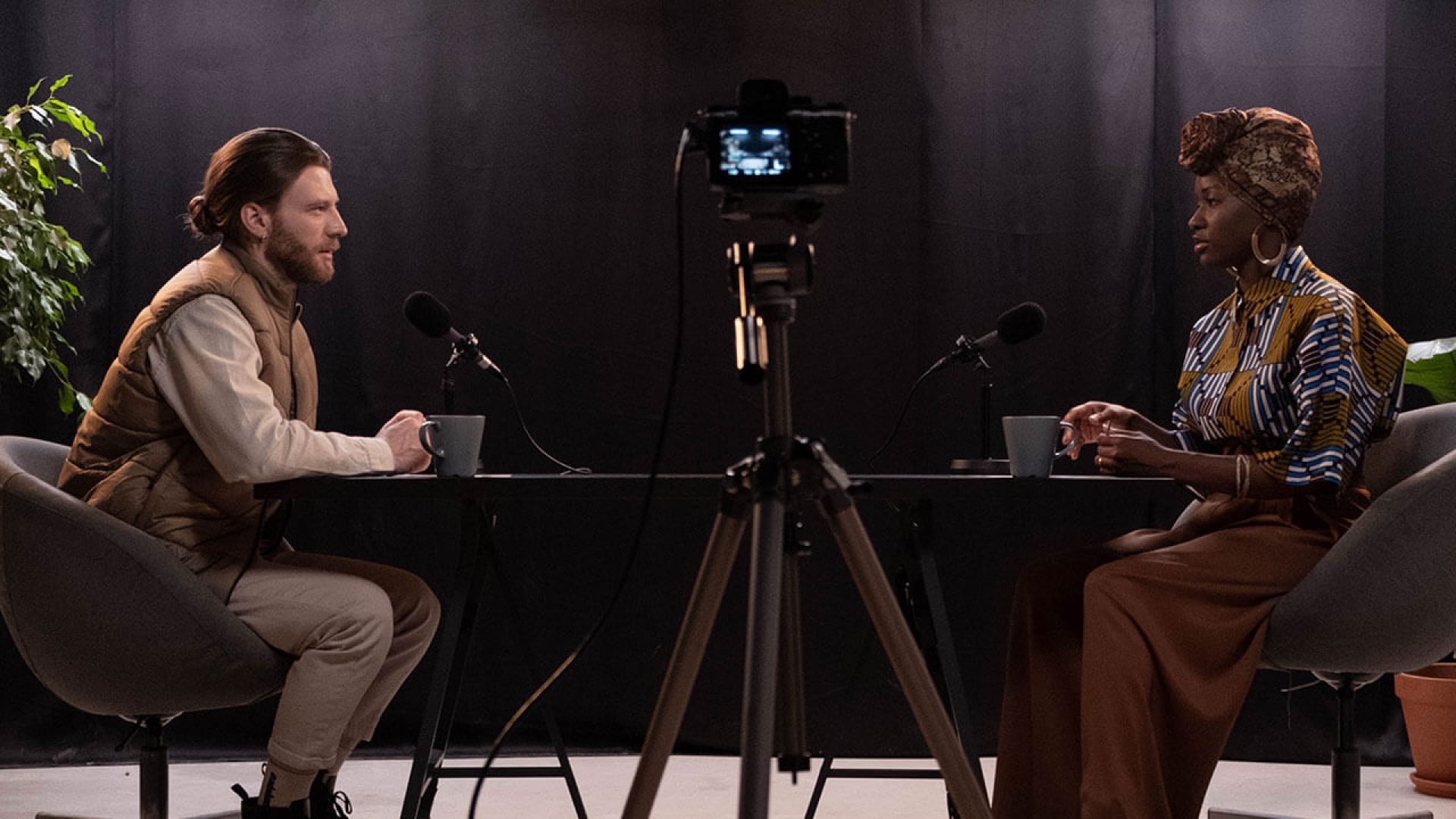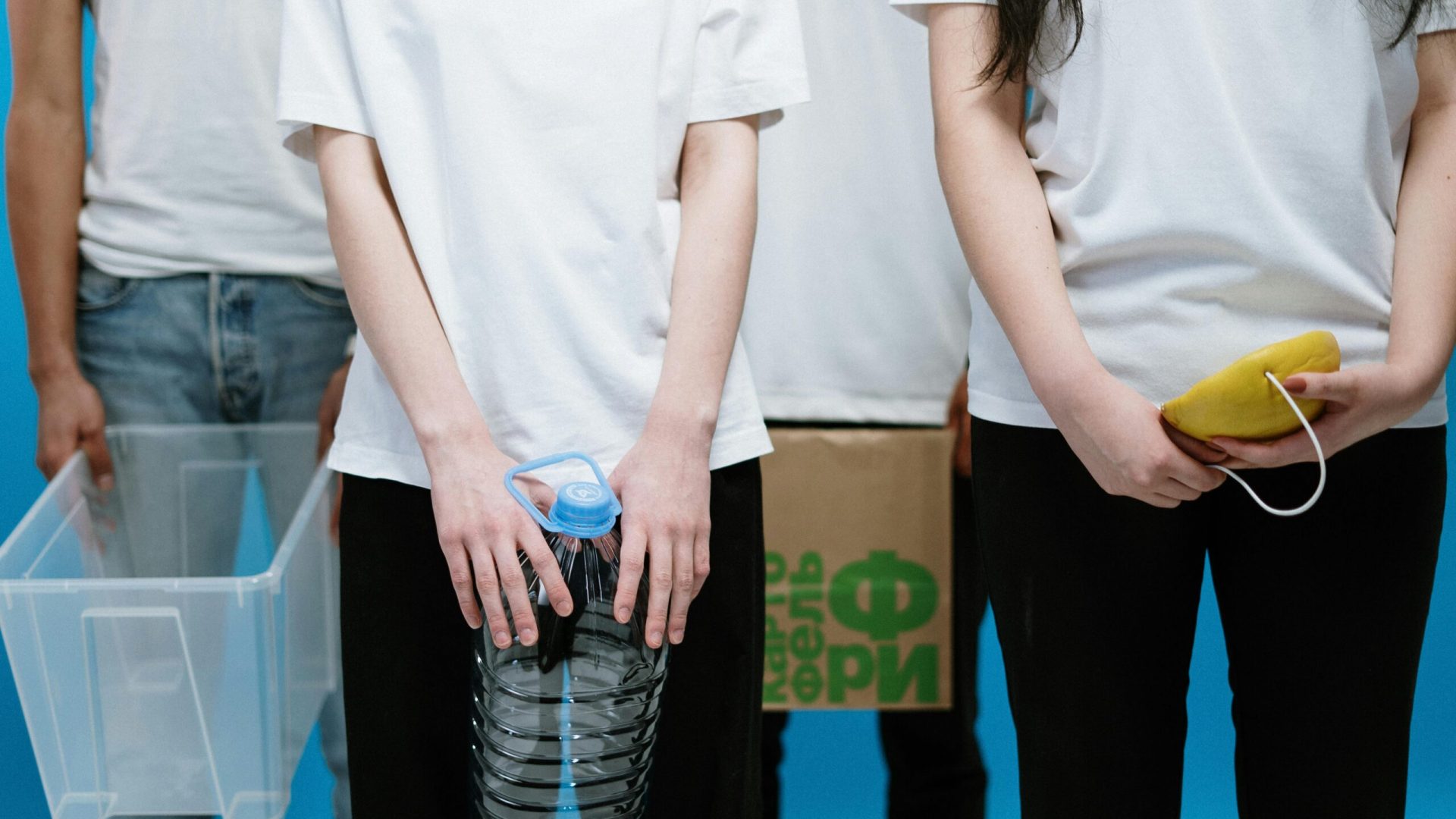1. Prep your questions
Before conducting an interview, it is essential to prepare a set of questions that will elicit insightful and informative responses from the interviewee. The questions should be carefully crafted to address the most important aspects of the topic and to engage the audience. This preparation ensures that the interview stays focused and covers the necessary areas of discussion.
2. Avoid “yes” or “no” questions
When formulating interview questions, it’s important to avoid those that can be answered with a simple “yes” or “no.” Open-ended questions encourage the interviewee to provide detailed and thoughtful responses, leading to a more engaging and informative conversation. By asking questions that require elaboration, the interviewer can extract valuable insights and perspectives from the interviewee.
3. Avoid scripted interviews
Conducting a successful interview involves allowing the conversation to flow naturally. While it’s important to have a set of prepared questions, the interviewer should avoid rigidly following a script. Instead, they should be prepared to deviate from the planned questions to explore interesting points raised by the interviewee. This approach leads to a more authentic and engaging interview.
4. Make the interviewee feel at home
Creating a comfortable and relaxed environment for the interviewee is crucial for a successful interview. When the interviewee feels at ease, they are more likely to provide candid and insightful responses. The interviewer should engage in casual conversation before the interview begins to help the interviewee. relax and feel more comfortable in front of the camera
5. Ask them to repeat the question
Asking the interviewee to repeat the question before answering can be a helpful technique for the editing process. By including the question in the interviewee’s response, it provides context for the answer and can aid in the editing and storytelling process. This practice ensures that the final edited interview maintains a clear and coherent narrative.
6. Don’t interrupt
During the interview, it’s important for the interviewer to avoid interrupting the interviewee. Allowing the interviewee to express their thoughts without interruption leads to a more relaxed and open conversation. It also gives the interviewee the space to articulate their ideas fully, resulting in a more insightful and engaging interview.
7. Keep the camera rolling
Even after the formal interview is complete, it can be beneficial to keep the camera rolling. Some of the most candid and insightful moments can occur once the formal interview is over. The interviewee may relax and share additional thoughts or anecdotes that can enhance the overall content. However, it’s important to obtain the interviewee’s permission before using any additional footage in the final edit.



